Before We Start
BISH, sarwat2004
Feast your eyes on the fantasy I built for you because I can't see your ships float for I shall remain the cat lady forever.
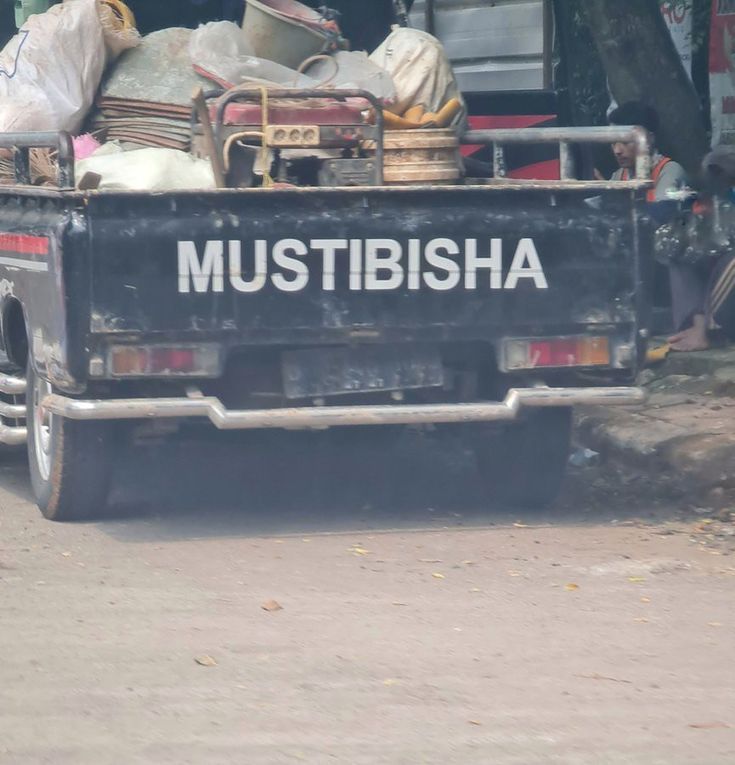
Dear reader,
Before you start, please know that this is a Muslim story and if your life hasn't crossed paths with Muslims I would like you to stop here for a moment to read this.
1. What is Halal and haram?
Halal is an Arabic word that means permissible. The net casted by this small word covers all the aspects of the life of a Muslim ranging from relationships to food. Whereas haram is the opposite of halal. What isn't halal may be haram or permissible but not preferred thus - makrooh.
These rules have also been observed in other religions like Hinduism where eating cow meat isn't permissible. Chametz is the forbidden food for Jews.
Example -
Intoxicating beverages and pork are haram.
Intercourse without legal marriage is haram.
Tea is Halal as long as no alcohol has been added to it to make it.
Why is it important in the context of this book?
Since this book revolves around two people falling in love this means they have to work their ways according to the Islamic ruling.
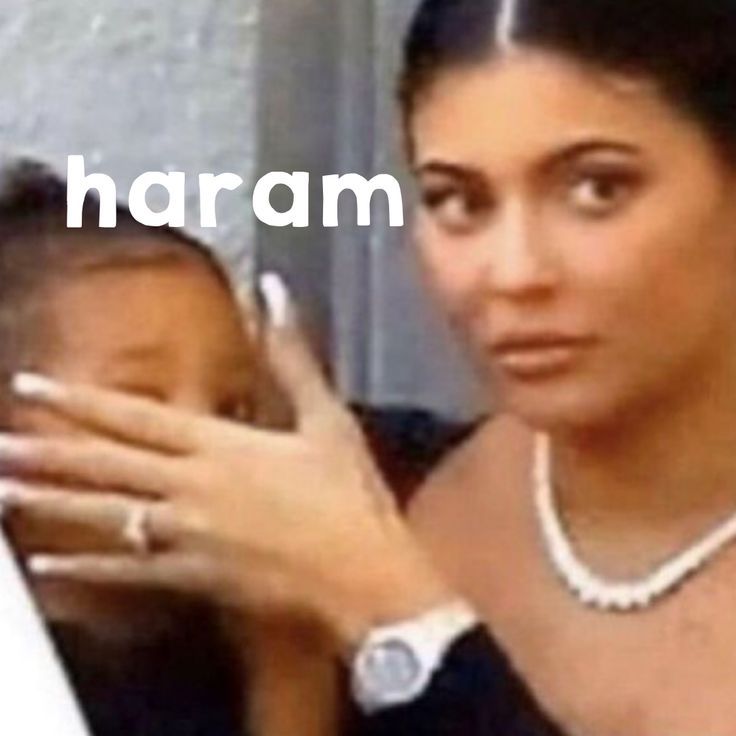
2. What is hijab?
Hijab is the covering that has been banned by France and hated by Islamophobes who fail to understand the reasons behind our clothing. No, it's not terrorism.
It is one of the ways to observe modesty as per the ruling of God for women to prevent MOST sleaze-balls from sexualizing women and harassing them with their gawking eyes and sinful hands. While men are asked to lower their gaze and observe modest clothing too.
Coming from IndoPak culture, the rulings of modest clothing has been relatively different meanings. The Muslims living in these areas for years have used dupatta which is similar to hijab.
The concept of the dupatta is more common among Muslim women coming from South East Asian culture which is loosely draped around the head. This dupatta may or may not reveal one's hair depending upon how it has been draped. Thus may or may not fulfill the obligation of observing modesty.
Moreover, these dupattas may not be made of the right cloth to cover the head - too slippery, too soft, and see-through are a few things that prevent many Desi Muslims to opt out of wearing dupattas with their cultural dresses. And it is always hectic to find the proper color hijab due to the vibrance of their dresses.
One must stop here to acknowledge that hijabi doesn't mean being MORE Islamic. Islam is defined more by intentions than actions.
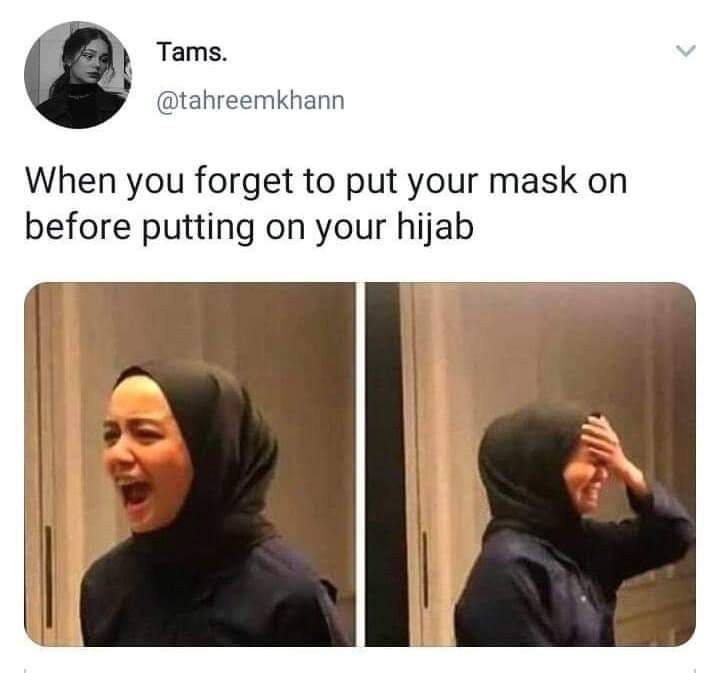
3. What is Abaya?
Abaya is a robe-like garment worn by many Muslim women around the globe. It is worn along with a hijab. After freeing themselves from the colonization of the brutal British empire the South East Asians instinctively decided to fuse two cultures - Arabic and English. Thus in these countries, Abaya is not just clothing, it is an overcoat. And once you start wearing it while going outside you can stop it unless you don't have the guts to face people's words.
But no, it's not religious clothing. And it's not the only way of dressing modestly. It's just like wearing jeans one day and a long dress on another. But Desi people sometimes fail to understand this concept.
Any clothing that isn't haram is permissible. Abaya has always been a fashion statement in Middle Eastern society where even the non-Muslims wear it with their hair down.
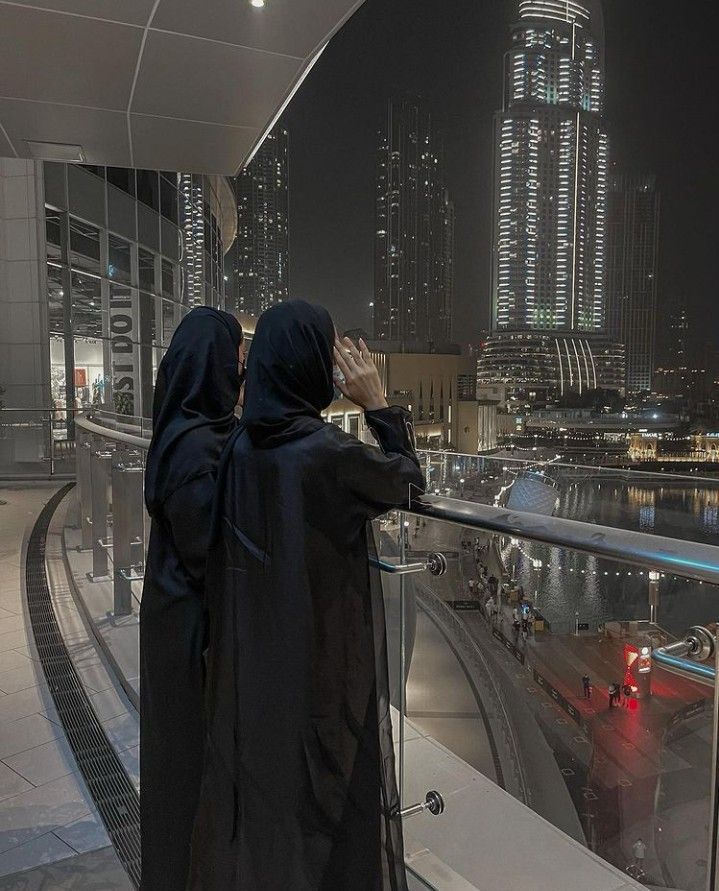
4. The Arabic words commonly used by Muslims.
Although there are many used by Muslims and if I care to go into details about each one of them readers will scroll down the part without reading anything. So, in order to keep this short here are a few of them.
- Assalamualaikum Warahmatullahi Wabarakatuh
May also be written as assalam o alikum. Common phrase for greeting a fellow Muslim. The meaning is, "Peace be upon you and God's mercy and blessings."

- Astaghfiru lillah
I seek forgiveness from Allah. Commonly used when you think you have sinned.
There are various ways of writing astghfirullah however, it means the same. Many Muslims do incorporate this word in their normal communication to joke about how something is wrong that might not be completely contrary.

- Inshallah
If Allah wills. Usually used to refer to planning to do a future action. Since, this word has been used a lot by elderly Muslims to mock the plans of young people Insha'Allah is sometimes not used in its correct essence but to joke about how the plans are up in the cloud.
Even if some Muslims joke about this it is not commendable to use it to portray the contrary meaning.

- Masha Allah
The literal meaning of Mashallah is "what God has willed", in the sense of "what God has willed has happened"; it is used to say something good has happened, used in the past tense. Inshallah, literally "if God has willed", is used similarly but to refer to a future event.
Example: Masha Allah, her eyes are so pretty.
Although it is used to compliment someone or something it may also be used to jest the actions or appearance of someone or an undesirable event.
Example: Masha Allah! Why couldn't you arrive much later? Like tomorrow?
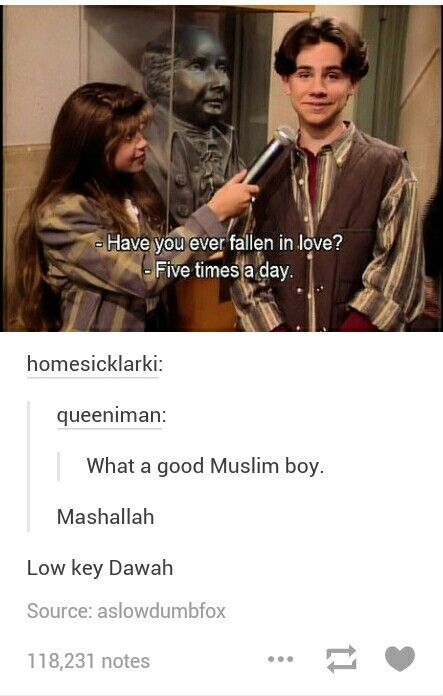
- Alhamdulillah
It means Praise to Allah. Alhamdoilah is used to express satisfaction. Commonly used after having finished eating. Also, used frequently as a response to when someone asks how your day was, "Alhamdulillah, it was good"
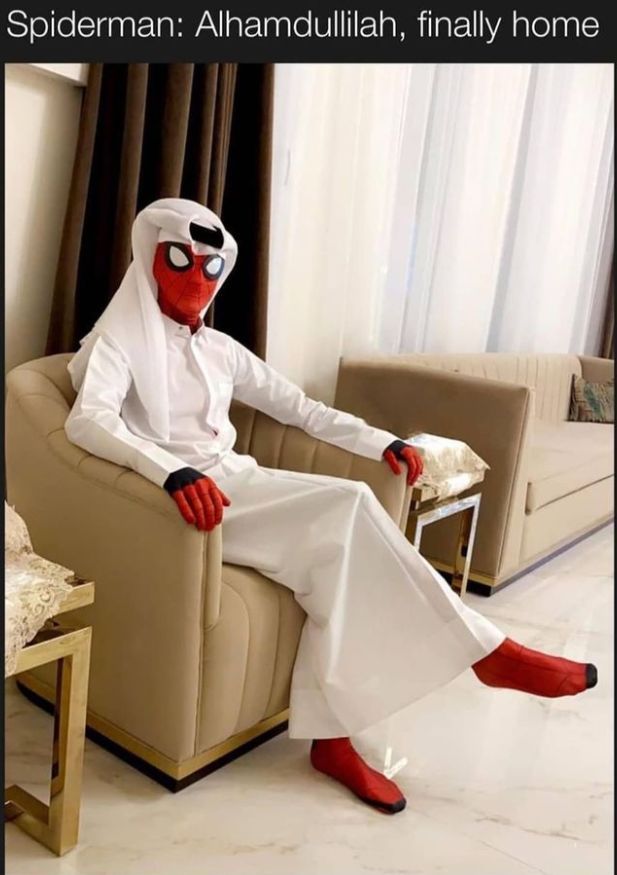
- Bismillah
It means in the name of Allah. This word is not only used as supplication but also as a phrase to express sudden emotions when something goes wrong.
Example:
When you almost drop something you say bismillah.
Many Muslims say bismillah before performing every action. Like before entering a room.

- Allah Hu Akbar
Allah is the greatest. This Arabic phrase is frequently used by over 1 billion Muslims around the world. The phrase has a very significant meaning for Muslims and is often used as a call to prayer. Although it has been manipulated by extremists for several years and portrayed by ethically cleansed media translating it into terrorism.
By using these words (but not how Joe Biden used it) you still don't become Muslim. Therefore, you are safe. Besides, it is the intention that counts.
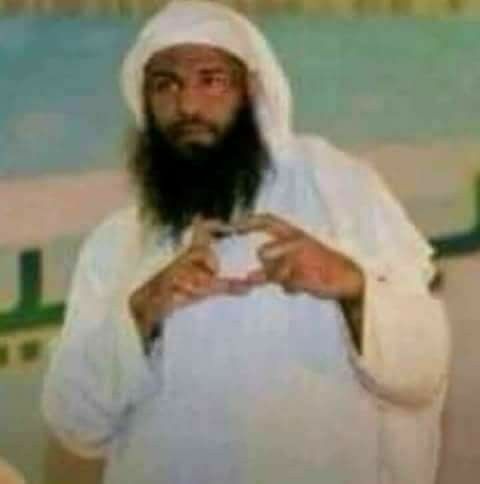
This is enough of an Islamic lecture. You are now four steps away from Islamophobia.
Enjoy the insight of a South East Asian family trying to balance their life between being halal and their cultural essence.
Allah Hu Akbar, BOOM!
*confetti*
mic drop.

Bạn đang đọc truyện trên: AzTruyen.Top